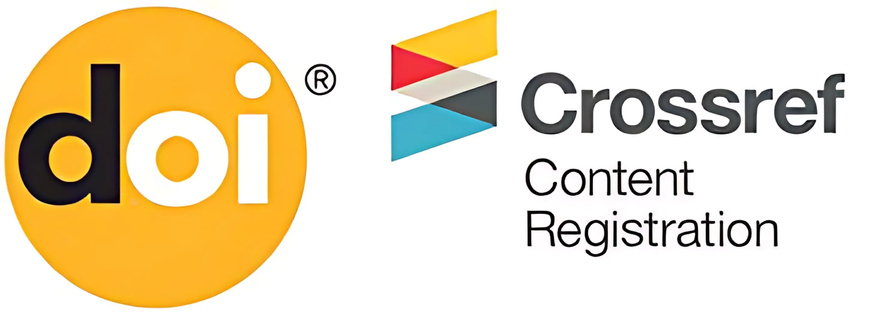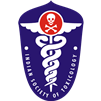Early Hydration Therapy in Mushroom Poisoning Improves Mortality and Morbidity
Keywords:
Mushroom Poisoning Acute Liver Failure Acute Kidney InjuryAbstract
Background: Mushroom poisoning is frequently encountered in Upper Assam causing significant mortality and morbidity.
Aim & Objectives: This study was undertaken as a prospective case-control study comparing patients treated with early hydration and patients treated symptomatically with normal standard of care to study the effect of early hydration therapy on the mortality and morbidity.
Materials and Methods: All the patients of mushroom poisoning were given three to four litres of intravenous fluid per 24 hours unless signs of volume overload were seen. Continuous nasogastric aspiration was instituted. Other standard of care included Silimarin, N-acetylcysteine,Penicillin G and Vitamin C.They were compared with our old cohort of patient whose complete clinical records were available in our institute.
Results: We studied 94 cases of mushroom (39.4% male and 60.6% female). 13 (13.8%) patients expired. Loose stool (94.7%), vomiting (80.9%) and pain abdomen (72.3%) were the most common symptoms in mushroom poisoning patients overall. Icterus and neurological manifestation were common. When we compared these 94 cases with our old cohort of 48 patients, we noticed significant mortality benefit (13.8% vs 43.7%). Hypovolemic shock was only 2.13% in comparison to 22.9%. Acute liver failure, acute kidney injury and bleeding manifestations were 39.36%, 9.57% and 3.19% respectively in comparison to 64.58%, 27% and 14.58% respectively in those who were treated only symptomatically. The Odds ratio of acute liver failure was 0.356 and acute kidney injury was 0.285. Conclusion: Early hydration therapy and nasogastric aspiration of bile significantly reduces the mortality and morbidity in patients presenting with signs and symptoms of mushroom poisoning.



